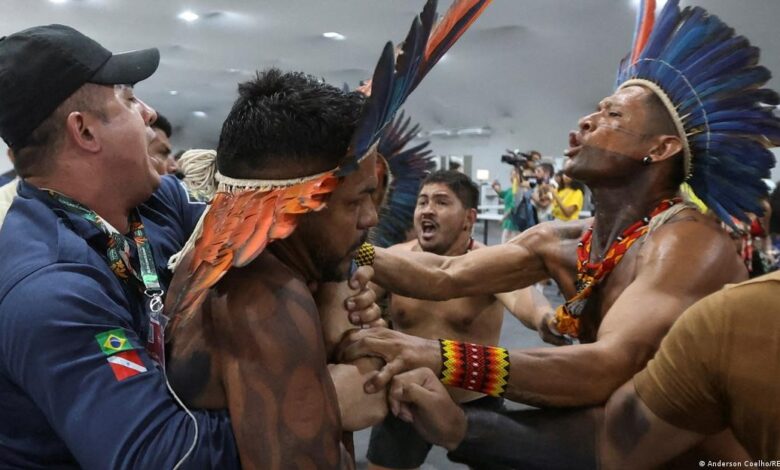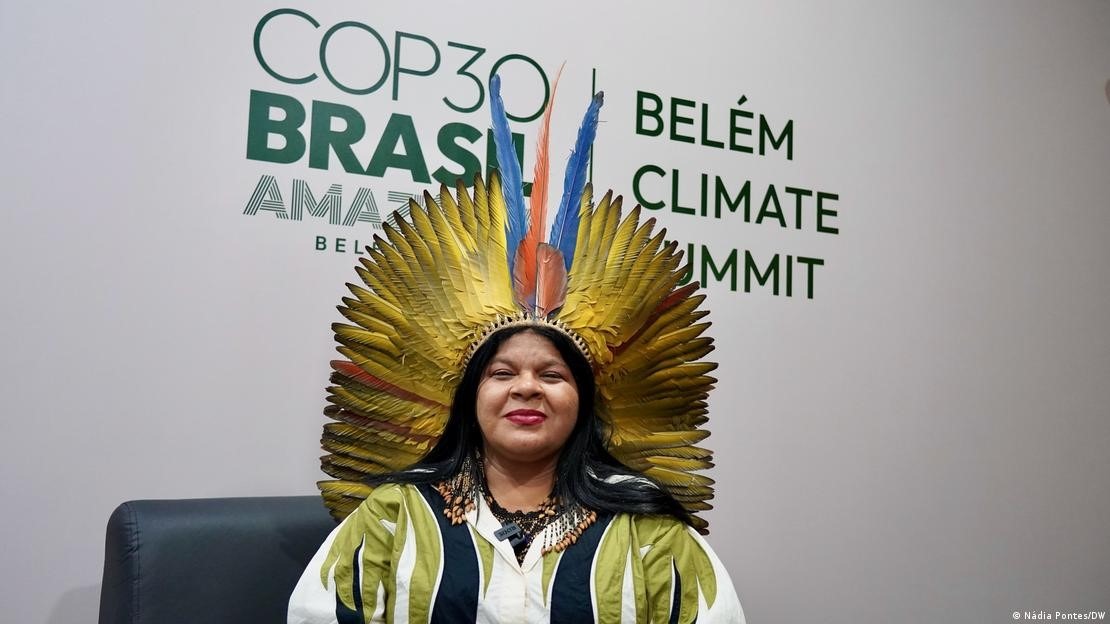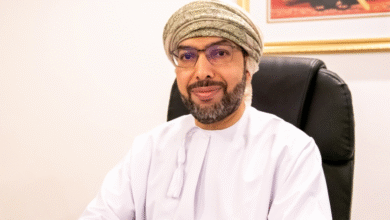Brazil’s ‘mutirão’ spirit puts indigenous leadership at the heart of the climate fight
Climate diplomacy experts say the spirit of mutirão offers a path forward. If the world embraces this collective, inclusive approach, the Indigenous concept could help shift global climate action from symbolic promises to real implementation. As the planet warms, the world may have much to learn from those who have safeguarded its forests the longest.

Brazil’s adoption of the term mutirão — meaning “collective effort” and rooted in Indigenous tradition — as the official slogan of COP30 underscores a powerful message: climate action must be shared, inclusive, and shaped by those who have protected nature for centuries.
Hosting the conference in the Amazonian city of Belém further reinforces this commitment, drawing attention to the region’s 1.7 million Indigenous peoples and their vital role as guardians of the world’s largest rainforest.
For decades, Indigenous communities have safeguarded ecosystems critical to global climate stability, yet they have often been sidelined in international decision-making.
Their presence at COP30 is more visible than ever, but whether this visibility will turn into meaningful influence remains uncertain. Tensions were evident early on, as Indigenous protesters and climate activists forced their way into the venue on the conference’s second day, demanding their concerns be taken seriously.
Indigenous representatives from around the world continue to press for a central demand: control over their own territories. Many communities face ongoing encroachment from oil drilling, mining, logging, and other extractive industries. “We want Indigenous territories to stop being sacrificed,” said Lucia Ixchiu, a K’iche leader from Guatemala, who traveled for weeks through the Amazon to deliver her message.

Land rights remain a major unresolved issue. While global recognition of 100 million hectares of Indigenous and community lands has progressed since 2015, claims for another 1.4 billion hectares remain pending. Indigenous groups argue that securing these lands is not only a matter of justice but also one of the most effective tools available to combat deforestation.
Brazilian Indigenous leader Alcebias Sapara emphasized that land demarcation and protection must be pillars of any meaningful climate agreement at COP30. He and other leaders are also pushing for direct funding for Indigenous-led conservation efforts — ensuring communities can manage their land sustainably without relying on intermediaries — and want traditional knowledge integrated into climate policy.
The call for protection is urgent. Indigenous activists face high levels of violence, with about a third of murdered or missing environmental defenders in 2024 belonging to Indigenous communities. Advocates stress that they need both legal recognition and physical security to continue defending their territories.

Brazil’s Minister for Indigenous Peoples, Sonia Guajajara, highlighted the global importance of Indigenous stewardship. Indigenous communities manage about a quarter of the world’s land and half of its intact forests — areas that store an estimated 861 gigatons of carbon. Research overwhelmingly shows that when Indigenous territorial rights are upheld, deforestation plummets. Without Indigenous protections, emissions and forest loss would be far higher.
Ahead of COP30, several commitments offered cautious hope. Dozens of nations pledged to recognize land rights by 2030 across 80 million hectares. The newly proposed $125-billion Tropical Forests Forever Facility promised that 20% of its funds would go directly to Indigenous communities. However, advocates insist these pledges must guarantee real, direct access to financing — not symbolic allocations.
Despite increased participation, many Indigenous delegates still lack access to key negotiation rooms. Groups like Indigenous Climate Action argue that visibility alone is not enough; their voices must shape the decisions themselves. Protests by the Munduruku and others this week signaled frustration that, even at an “Indigenous COP,” their demands — including rejecting controversial carbon credit schemes — have not been fully embraced.
Still, climate diplomacy experts say the spirit of mutirão offers a path forward. If the world embraces this collective, inclusive approach, the Indigenous concept could help shift global climate action from symbolic promises to real implementation. As the planet warms, the world may have much to learn from those who have safeguarded its forests the longest, dw.com reports.













